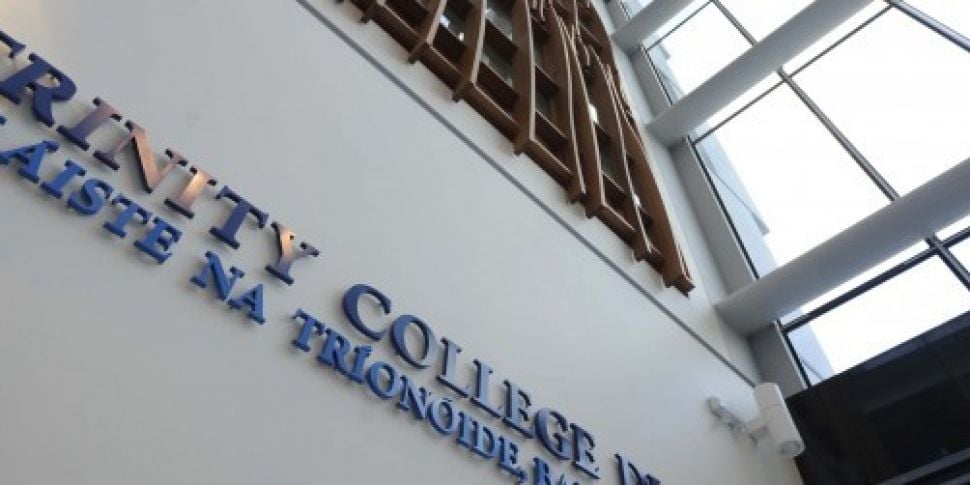Scientists at Trinity College Dublin have discovered a new process that can switch off inflammation in the human body.
They found that itaconate - a molecule derived from glucose - acts as a powerful off-switch for macrophages.
These are the cells in the immune system at the heart of many inflammatory diseases - including arthritis, inflammatory bowel disease and heart disease.
The discoveries were made using both human cells and mice as a model organism.
The scientists, working in the School of Biochemistry and Immunology in the Trinity Biomedical Sciences Institute, hope their discovery may also help to develop new drugs to treat people living with these conditions.
Professor of Biochemistry at Trinity, Luke O'Neill, was one of the joint leaders of the work.
Professor O'Neill said: "My lab has been exploring metabolic changes in macrophages for the past six years and we’ve come across what we think is the most important finding yet.
"It is well known that macrophages cause inflammation, but we have just found that they can be coaxed to make a biochemical called itaconate.
"This functions as an important brake, or off-switch, on the macrophage, cooling the heat of inflammation in a process never before described."
Dr Evanna Mills, joint first author of the work, said: "The macrophage takes the nutrient glucose, whose day job it is to provide energy, and surprisingly turns it into itaconate.
"This then blocks production of inflammatory factors, and also protects mice from the lethal inflammation that can occur during infection."
The work was a collaboration with Harvard Medical School, the University of Cambridge, the University of Oxford, Johns Hopkins University, the University of Dundee and GlaxoSmithKline.
Professor O'Neill added: "This discovery and the new research pathways it has opened up will keep us busy for some time but we are hopeful that it will one day make a difference to patients with diseases that remain difficult to treat."
The findings have been published in the journal, Nature.









